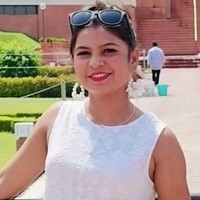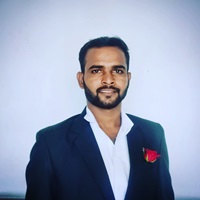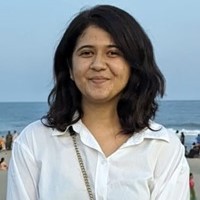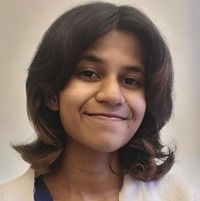
Pratiksha Kamble, Ahmednagar, Maharashtra
Pratiksha was born and brought up in the Ahmednagar district of Maharashtra. Since childhood, she loved studying and educating herself on different subjects. To go for higher studies after Class XII, she pursued Biotechnology for graduation and then went on to complete her Master’s with a course in Marine Biotechnology from Goa University. She has always been open to learning new things to upskill herself at every stage of her life. Additionally, she is an enthusiastic traveller and explorer. She loves exploring off-beat places. Moreover, her interest areas include reading books, meeting new people, and trying new technologies for the best use.
She started a website, NotesPlayer, to provide students with study resources free of cost. Her vision is to create a resource pool of dynamic study material with this website. She herself faced this problem of not finding accurate and specific study material to prepare for the exams and now she is working towards it to solve the problem. She is looking for an opportunity to work at the grassroots level through the Digital Swaraj Fellowship and to impact those who are partially or completely away from digital advancements.





